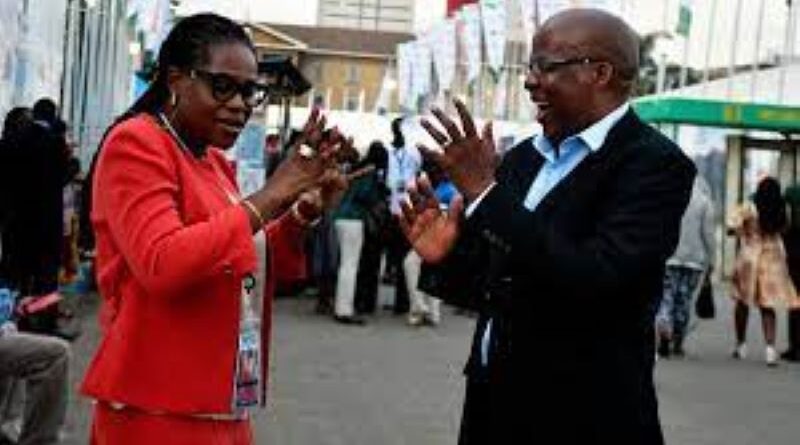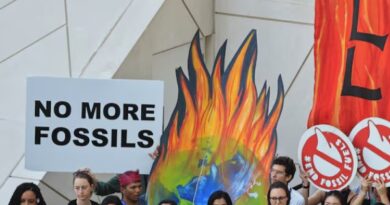USD 150 Million funding for climate resilience
A recent report by Oxfam reveals that millions of individuals are grappling with substantial losses, approximately Sh11.2 billion, solely from the loss of their livestock.
Yet, grasslands, savannahs, and shrublands are a lifeline for millions of pastoralists and indirectly support more than 200 million people in Africa. Millions of hectares of these ecosystems have deteriorated, jeopardising water sources, carbon sequestration, and community livelihoods.
In efforts to rejuvenate 20 million hectares of degraded grazing lands in Africa by 2030 and across eight countries, Conservation International and the Peace Parks Foundation recently launched a restoration programme with funding received from the Angola, Botswana, Kenya, Madagascar, Mozambique, South Africa, Zambia, and Zimbabwe governments, as well as from partners and donors.
Dubbed “Herding for Health (H4H),” the community development initiative promotes conservation by
teaching community members to escape extreme poverty by using their existing assets, particularly livestock. The programme also seeks to restore ecosystem resilience and sequester carbon in some of the world’s most climate-vulnerable regions.
Highlighting the need for adoption, Dr Seif Hamisi, Rangelands Director at Conservation International,
explains that rotational grazing programs offer many benefits to pastoralists beyond allowing grass to regenerate. He asserts that reversing grassland deterioration is achievable.
“Grasslands restoration will promote biodiversity, enabling pastoralists to engage in additional activities like beekeeping, bird farming, and tourism. The benefits are interconnected, starting with healthy grazing lands,” he says.
In this plan, pastoralists gain reliable access to local veterinary services in partnership with national and local governments. Dr. Seif says these pastoralists have water supply systems that follow the herds in rotation cycles to eliminate the need for long treks to provide water for their livestock. Additionally, the programme trains herders to ensure proper livestock care, resulting in healthier livestock and improved market prospects throughout the year. The programme is being piloted in the Mara and Chyulu regions.
Suzanne Ngo-Eyok, African Senior Vice President and Chief Field Officer at Conservation International, suggests that Africa must create a win-win scenario that engages communities through inclusion and capacity building.
“By transforming herders into professionals with health knowledge and disease control mechanisms, we not only aim to combat livestock losses but also engage in economic activities for enhanced livelihoods. Botswana, for instance, has embraced the system as part of their livestock entrepreneurship program linked to job creation within their Agriculture Ministry. We are collaborating with the Kenya Forest Service (KFS) and the Kenya Wildlife Service (KWS) to replicate this approach in Kenya. Governments are adapting,” she says.
Werner Myburgh, CEO of Peace Parks Foundation, envisions the programme fostering healthy landscapes, livestock, communities, and coexistence between people and wildlife, aligning with Peace Parks’ Strategy 2030.
The Sh228 billion (USD150 million) investment was announced at the recent African inaugural summit held in Nairobi, which concluded with substantial financial pledges to fortify Africa’s climate resilience.
Source : nation.africa




